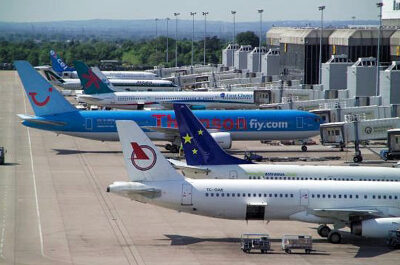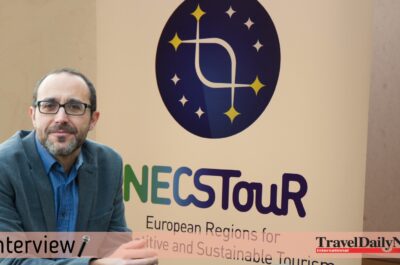…
In the last two years in every single issue of travel journal in the UK there is at least one letter from a travel agent that complains about direct sale from airlines or tour operators through the Internet. In many cases they quote significant price discrepancies between the price that they are able to quote to the customer and the price that it is available on the Internet. They also argue that they offer good service to their clients, although… effectively their price may be dramatically higher than other channels.
Although there is a lot of sympathy for travel agencies writing these letters, we all must recognise that, as in any technology revolution, the Internet is rapidly changing the structure of the tourism industry for good. There will be some winners and some losers in the process. Travel agents therefore need to appreciate few facts and to take good measures in order to benefit from the trends and avoid emergent threats in the future.
Distribution costs have gone out of hand and often contribute as much as 30% of the price of the tourism product. Principals have to cut their costs dramatically due to global competition, the economic slow down, as well as the consequences of terrorism and the seemingly inevitable war on Iraq. Therefore all airlines, tour operators, hotels have no alternative than to try to reduce distribution costs by dissintermediating as many channel members as they possibly can. The Internet is here to stay as a distribution channel and can only grow in the future. This is indicated by the following facts: the TTG reported that British Airways is now selling 37% of its tickets online; Easyjet and Ryanair get more that 90% of their bookings on the Internet; and a major hotel chain recently told us that they collect more that 6% of their bookings from their own web site, plus another 20% from other web related distribution. It is estimated that it is 4 times more expensive to transact through traditional distribution channels, and two times more expensive to transact over calling centres, than to transact over the Internet. So direct sales on the Internet make financial sense for principals and can only increase. The industry is starving for qualified people to transform players online. At a time than nobody seems to recruit, most of our first graduates of the MSc in eTourism at the University of Surrey found good jobs related to their subject in less than two months after graduation. This is good evidence of the structural transformation of the industry.
Against these structural changes the vast majority of travel agencies insist in using outdated viewdata technology and not to connect their shops on the Internet. Even large organisations such as Thomas Cook does not have Internet access in their outlets. They spend hours and millions waiting on the phone from the customer care department of principals and they are confronted on a daily basis by consumers who are coming on their shop with printouts of better deals available on the Internet. Instead of taking action to improve their competitiveness they promise never to sell the offending principal again directing their business to airlines and tour operators that support them. In my latest book on eTourism: Strategic implications of IT for Tourism we explain that regrettably travel agencies who fail to prepare for the marketplace of the future will need to prepare to fail. It is not an accident that Expedia, Lastminute.com, Opodo and several other competitive newcomers are increasing their market share daily. Before anybody mentions it, yes there were many casualties in the dot.com era, mainly organisations that fail to develop a realistic business model.
Successful travel agencies of the future will need to transform from booking offices to travel managers and advisers, as well as to add value to the travelling experience. Smaller agencies will need to develop a clearly focused, specialised product, often served to their local communities. Taking full advantage of technology will be essential in order to identify specific products which satisfy the tourism demand, while ICTs will be invaluable for market segmentation, consumer profiling, partnership marketing and adding value to tourism products. These topics will be discussed in the eTourism Futures Forum we prepare at the University of Surrey in late March. Ultimately training and education is of paramount importance in the understanding of the new tools and the ability to take proactive and reactive measures to support the customer.
Dr Dimitrios Buhalis,
Course Leader MSc in eTourism, University of Surrey











































































































































































